Smart Infrastructure for Data-driven Educational Practice and Research
Platforms and Frameworks
- Technology-Enhanced and Evidence-based Education and Learning (TEEL)
- Blockchain of Learning Logs (BOLL)
Models
- Knowledge modelling from learning logs
- Learner modelling for personalisation
- Group formation for learning activities
User-centric tools for Seamless Learning Experiences
Intelligent Technology Support for reflective practices in teaching and learning
Institutional Deployment and Policy research in Learning Analytics
Technology-enhanced & Evidence-based Education and Learning(TEEL)
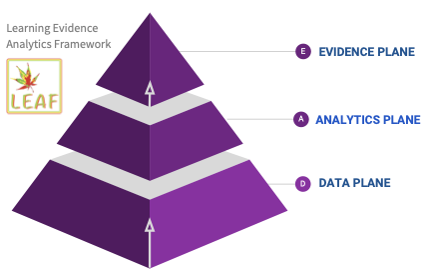
TEEL focuses research and development agenda for an evidence-based education system based on the current Learning Analytics infrastructure that we have built. This work looks at extracting, archiving and utilising evidence of learning from both educational big-data log and research articles.
Contributions
- Evidence portal to log evidence from practice and research.
- Designing user-centric workflow to adopt TEEL for practice.
Research objectives / questions
- How to extract evidence of learning automatically based on educational log data?
- How to analyse evidences extracted?
- How to adopt evidence gathered regarding learning into practices?
Blockchain of Learning Logs (BOLL)
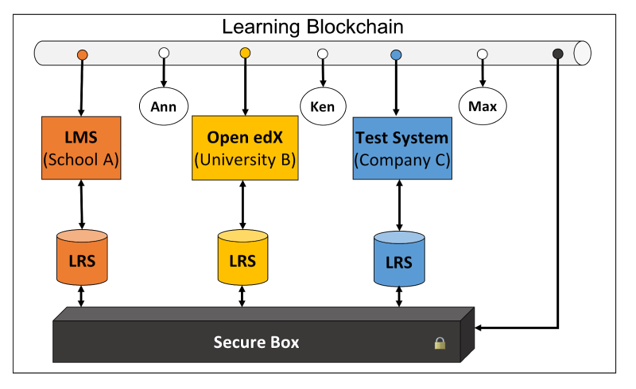
BOLL is a decentralized platform that enables logical movement of students and their academic records from one institution to another. Different from certificates or transcripts issuing systems, BOLL provides a secure mechanism for students to share, protect and manage permissions to their learning logs while studying at different institutions.
Contributions
- A blockchain network for managing permissions and transferring learning logs from one school to another.
- Smart contracts and user interface for managing permissions to learning logs.
Research objectives / questions
- How can we connect learning records of students across the different schools they have attended towards realizing lifelong learning logs?
- Can we solve the cold-start problem experienced by learning analytics platforms by using lifelong learning logs on BOLL?
- With multiple interacting parties on BOLL, is it possible to reduce the tendency of breaching students’ information privacy?
Knowledge modelling from learning logs
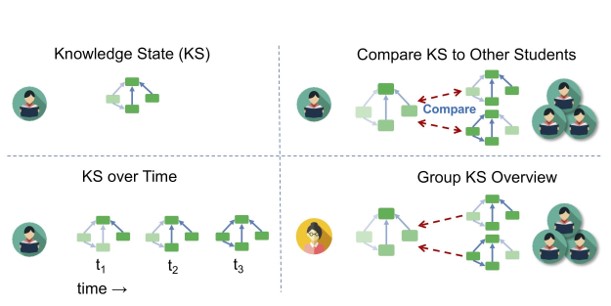
Contributions
- Automatic extraction of contents models from eBooks
- Knowledge modeling by overlaying learner model with content model
Research objectives / questions
- How to automatically generate knowledge model of learners from reading logs?
- What are the utilities of the knowledge model for teachers and students?
Learner modelling for personalisation
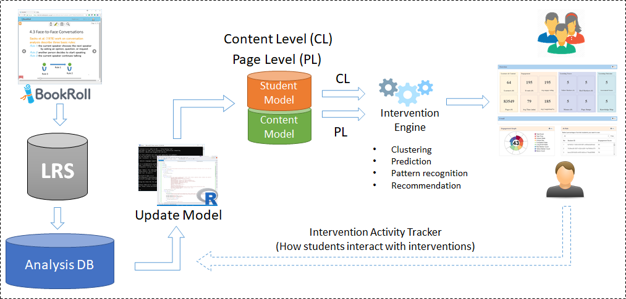
Learner Model is working behind the dashboard and orchestrating interventions for instructors and students. It helps instructors to monitor the progress of their students and detect problems at early stages. Students can also see their reading model and compare it with other students.
Contributions
- Actionable interventions
- Data-Driven decision making support
- Personalized feedback or recommendation for students
Research objectives / questions
- What are the effects of dashboard interventions on students’ learning?
- What are the effects of dashboard interventions on developing students’ self-regulated learning skills?
Group formation for learning activities
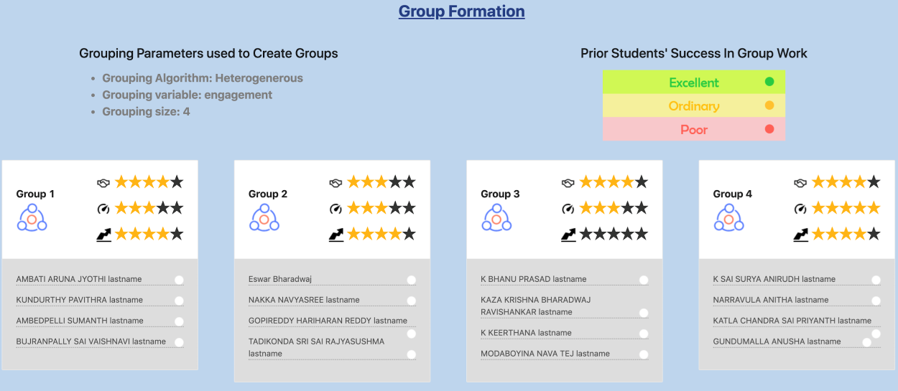
The Group Formation module provides tools for group work activities. Teachers can use the tool to create homogeneous and heterogeneous groups according to students’ scores, reading styles, engagement, subject concept acquisition and previous group work results.
Contributions
- Forming groups using a variety of group formation parameters and input data, including real time learning log data
- Automatizing and simplifying the group formation process for the teachers
Research objectives / questions
- How can we dynamically form group using a multitude of data sources and grouping parameters?
- How can group formation/work process and group work result data, including the real time log data, be used to inform the future group formation/work processes?
Bookroll
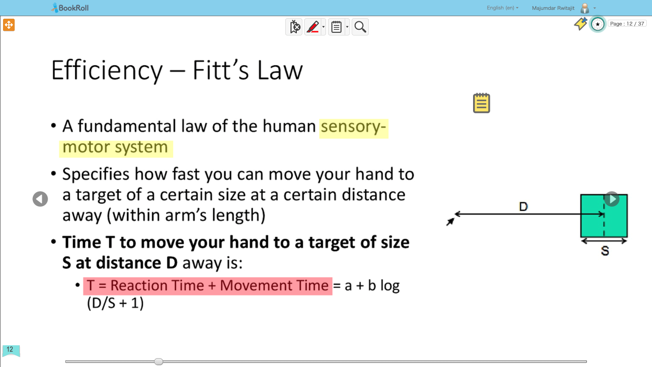
Contributions
- eBook reader with xAPI data logging of user interactions.
- Integrated features for linking with LTI compatible platforms
Research objectives / questions
- How can BookRoll support teaching-learning practices?
- What are the students reading behaviors while they use BookRoll?
Scroll
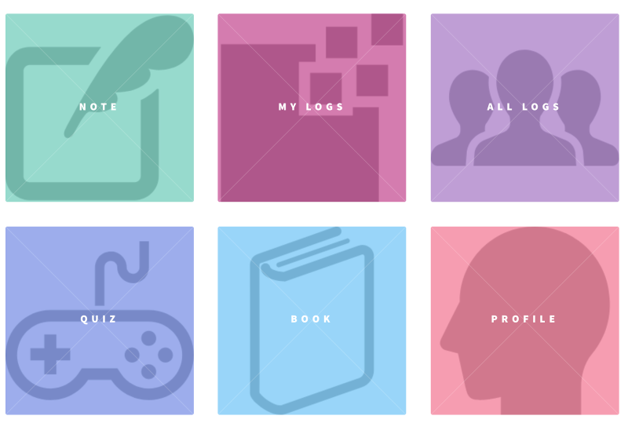
SCROLL
focuses on capturing learners learning experiences as ubiquitous learning logs.
By analyzing those ubiquitous learning logs, the system supports various
learning fields including task-based language learning, vocabulary learning,
science communicator, career support for international students living in Japan
etc. In addition, the system has eBook reader, automatic quiz generator,
analytics to share-and-reuse learning logs, learning activity tracker, and
recommendation functionalities.
Contributions
- Dataset for public use
- A conceptual framework for sharing authentic learning experiences
- Word matching tool to bridge formal and informal learning
Research objectives / questions
- How to bridge in-class and out-of-the-class learning activities?
- How to implement Kolb’s experiential learning theory using learning analytics?
Learning Analytics Dashboard (LAViEW)
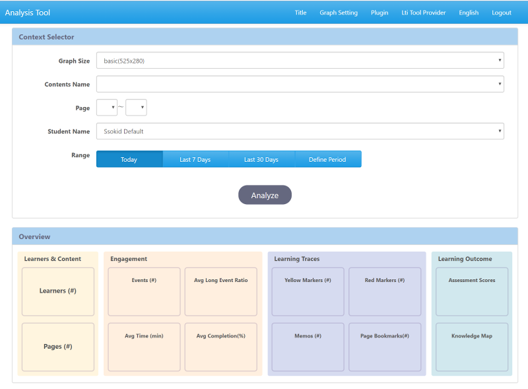
LAViEW helps tracking students’ learning progress, identifying at-risk students and providing feedback to students and instructors. The analyzing data comes from BookRoll and Moodle systems which are using by universities in Japan and India.
Contributions
- Exploring the data and extracting insights
- Data visualization
Research objectives / questions
- What are the effects of using dashboard on students’ learning?
- How to improve content design through dashboard and data analysis?
Goal Oriented Active Learner (GOAL)
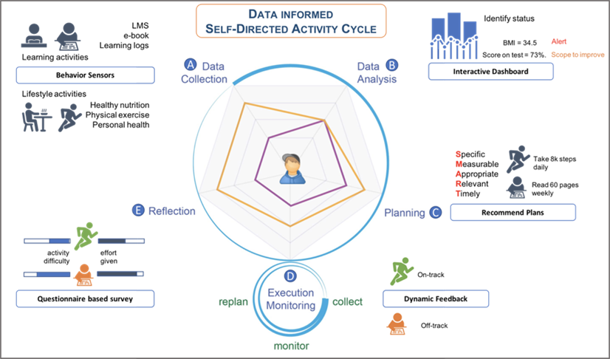
GOAL project aims to support acquisition of self-direction skills in the context of learning and health. It can assist learners in balancing their learning and health lifestyle and develop self-direction skills systematically from any time and any place.
Contributions
- Exploring a data-driven paradigm to develop self-direction skills
Research objectives / questions
- How to measure self-direction skills from activity data and interaction data?
- What/How/When to scaffold acquisition of self-direction skills?
- What are individual differences in self-direction skills?
Deployments in Japan
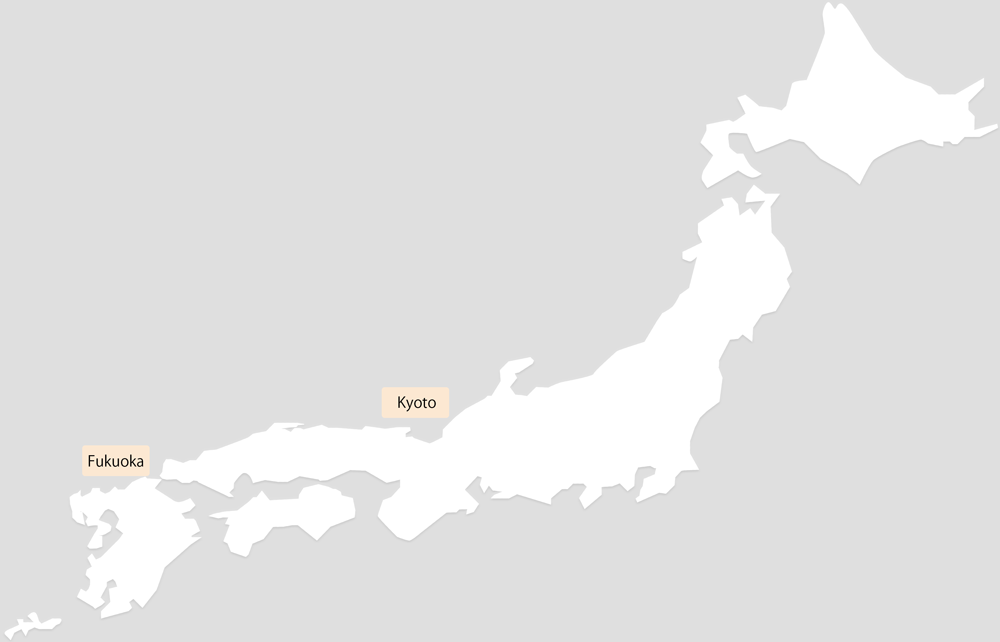
Contributions
- Deploying the LEAF platform across different institutional levels.
- Creating educational BIG Data to facilitate data-informed and evidence-based educational system
Research objectives / questions
- How to support teachers to adopt a data-informed and evidence-based educational practice?
- What are the roles of different stakeholders in a technology-enhanced and evidence-based education system?
International Deployments of our LA infrastructure
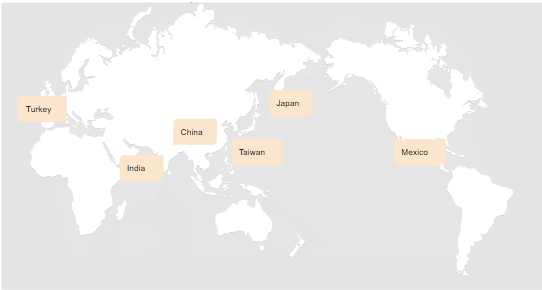
The developed LA framework and tools are deployed in different courses across academic institutions in Taiwan, India, Hong Kong and Turkey. We are also pursuing collaborative research using the data generated in those context.
Contributions
- Deployment of the LA system across different contexts (country, institutional levels)
Research objectives / questions
- What are the trends of using the LA tools in different contexts?
LA policy research

Contributions
- Coming Soon
Research objectives / questions
- Coming Soon